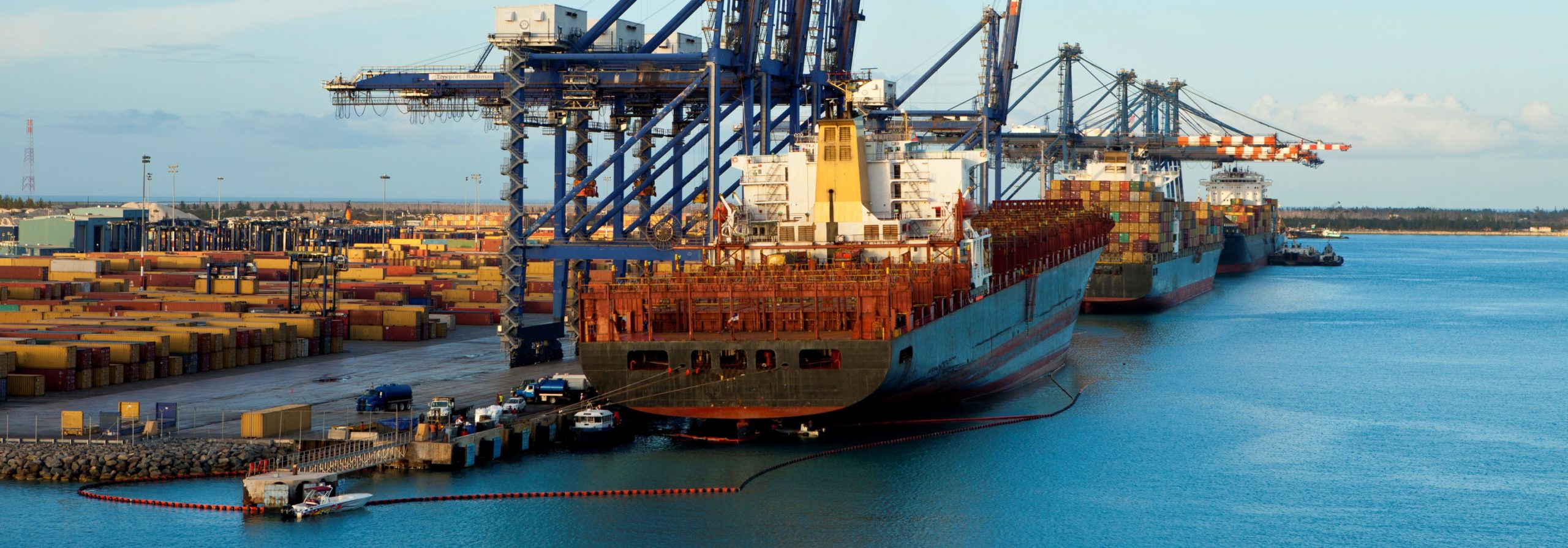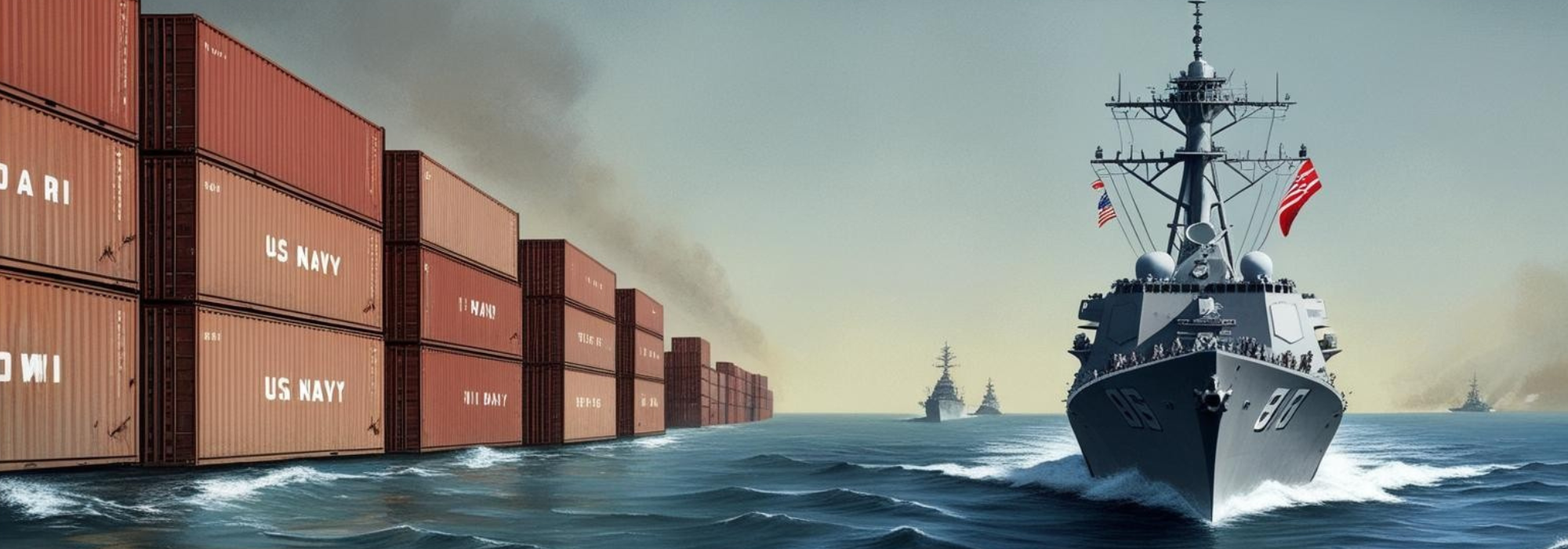Introduction
The trade war between the United States and China is intensifying—and its effects are reaching far beyond Asia. In recent months, the U.S. government has imposed a uniform 17% tariff on all imports, aiming to strengthen domestic industry and reduce economic dependence on China. Though presented as a response to Beijing’s aggressive trade policies, this decision has wide-ranging implications for trade partners like Israel—even if they are not directly involved in the conflict.
While China and the U.S. impose drastic tariffs on each other—reaching up to 34% and beyond—Israeli exporters find themselves caught in the crossfire, facing strict regulations, shipment delays, and immediate losses in competitiveness in the American market. This article combines a geopolitical overview with a practical roadmap for Israeli businesses to navigate the storm.
The Superpower Standoff: The Background Behind the New Tariff
The trade war began during the Trump administration but has re-escalated in recent years. The U.S. accuses China of systematically distorting trade rules, offering aggressive government subsidies, intellectual property theft, and lack of transparency. In response, Washington has built a growing wall of tariffs—most recently adding another 34% on Chinese goods. China has retaliated with similar measures against American products.
While both powers battle for global economic and technological dominance, the world bears the cost. As an open-market economy dependent on exports, Israel is especially vulnerable.
Israel in the Crossfire: What Does the 17% U.S. Tariff Mean?
As part of its broader anti-China strategy, the U.S. imposed a base tariff of 17% on all imported goods—including those from non-Chinese sources. This means Israeli products are now automatically more expensive. In sectors like steel, where a Section 232 tariff of 25% is already in place, total tariffs can reach 42%.
Most Vulnerable Sectors
Risk & Solutions Table for Israeli Exporters in the New Global Trade Era
Supply Chains in the Eye of the Storm
Tariffs are just one piece of the puzzle. The trade war introduces uncertainty, buyer hesitation, logistical disruptions, and sudden shifts in production geography. Israeli exporters should:
Conduct accurate HTS classification
Consider tariff engineering to reduce costs
Centralize shipping to one U.S. logistics hub
Use FTZ (Foreign Trade Zones) to delay tariff payments
The Israel–U.S. Free Trade Agreement: Not a Guaranteed Shield
The existing FTA does not automatically exempt goods from tariffs—especially those with Chinese components. Rules of Origin (ROO) are closely scrutinized under the current geopolitical climate.
Pricing & Branding in a Sensitive Trade Climate
The American buyer is wary of “Chinese goods” and seeks cleaner alternatives. Israeli exporters can capitalize by:
Communicating transparency and added value
Offering value-added service bundles
Signing contracts that factor in tariff costs
Diversification and Exit Strategy
Strengthening U.S. presence isn’t enough—dependence must be reduced. Israel should intensify exports to the EU, India, UAE, Africa, and Canada.
Critical Steps for Israeli Exporters
Map goods by HTS classification
Verify FTA eligibility
Adjust pricing/cost structures
Assess manufacturing infrastructure by location
Develop a new branding strategy
File for exemption requests
Leverage government incentives and funding tools
Monitor regulatory developments
Conclusion
The China–U.S. confrontation is no longer just their business. Beijing and Washington’s trade decisions directly impact all global players—especially export-driven economies like Israel. To remain competitive, flexible, and reliable, Israeli exporters must act boldly, responsibly, and strategically. This is not a temporary crisis—it’s a new trade era where every decision must pass through a geo-strategic filter.



















